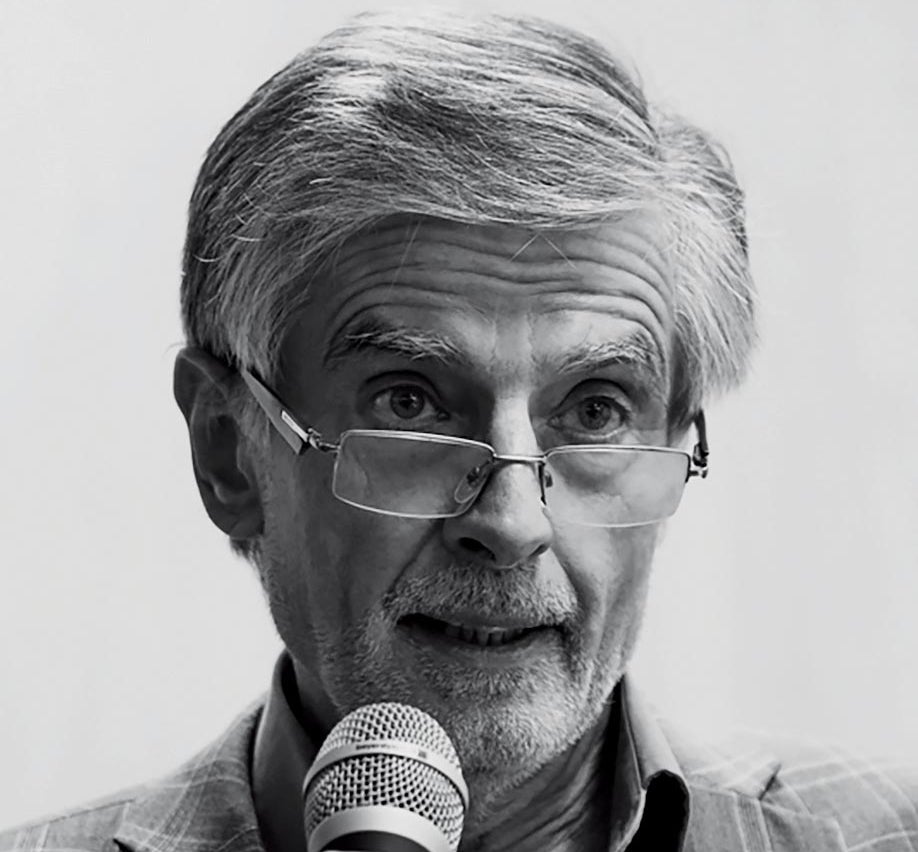Both the Slovak and the Czech republic have been separate and sovereign entities in international relations for 31 years now. In spite of that, our nations share a cultural and language-based closeness. But this relationship mustn’t be taken for granted. It must be continuously nurtured.
Confirming this fact is this passage from the Slovak government’s program declaration, which emerged from the election on the 30th of September 2023: “The government will pay close personal attention to the rare closeness between Slovakia and the Czech republic, and will not allow anything to endanger this unique relationship. It will seek new ways of strengthening and improving the quality of this relationship, especially among the younger generation.” What’s also important is that following a healthy tradition, the new Slovak Prime Minister’s first bilateral journey abroad led him to Prague. Even though both the preparations before it, and its actual course, were accompanied by unprecedented diplomatic and political tensions, and it didn’t exactly give the impression of a meeting of old lifelong friends, since our Prime Ministers and governments are divided not only by their leading parties’ affiliations, but also their differing opinions on certain topics regarding foreign affairs and defense (specifically the causes of the war in Ukraine and the kind of aid the country should be afforded in its battle against Russian aggression), the visit still managed to bring forth important impulses for the development of practical cooperation between our republics.
Impulses for further development
The way I see it, the main outcome of this visit is the Prime Ministers’ commitment to continue the tradition of regular meetings between the Czech and Slovak governments, alternately in Slovakia and Czechia, which came into being way back in 2013. It’s not only about the symbolic confirmation of the interest to maintain the exceptional, if not already superior, mutual relations between our countries and nations, and building mutual trust between our political representatives. It is, above all, a time-honored way to infuse these relations with a practical and useful content, and create a space where we might be capable of explaining our differences of opinion on issues we can’t influence, but also the differences in our interests in a way that won’t endanger our bilateral cooperation. Where else might we find a better space to regularly define our shared interests in the EU, NATO and foreign politics, or implementing and effectively solving practical questions the citizens of our friendly countries are interested in. This forum should bring about impulses for further development of economic and business cooperation, namely when it comes to the energy industry, or finishing certain transport projects drafted in the past. It’s exceedingly important that the governments cooperate on the sustained accessibility of Czech media in Slovakia, and Slovak media in Czechia.
Developing and nurturing relations
We shouldn’t fall under the impression that this chill in Czecho-Slovak relations is only due to the affairs of our leading political elites. Another important factor is the fact that as time goes by since the separation of our conjoined country, the economic, cultural and value-based directions of the Slovak and Czech societies have all been increasingly different. Every year, there’s less and less people who once lived in that conjoined country and feel nostalgic for the memories thereof. The generations that didn’t grow up in bilingual Czechoslovakia are also increasingly divided language-wise. New generations that socialized in already separate countries don’t necessarily automatically acquire a positive relationship with their neighbors. It is the task of responsible politics to inventively develop and cultivate Slovak-Czech and Czecho-Slovak relations. And also to stimulate a political as well as civil dialogue on all levels.
Right now, there’s still a lot of people on both sides of the Morava river who wouldn’t forgive their governments if Slovak-Czech and Czecho-Slovak relations were ruined. However, the Slovak Prime Minister’s visit showed that if we’re not careful, these relations can move away from something exceptional, towards a more standard version of more or less conflicted neighborly relations. And that would be a shame.

Peter Weiss
THE AUTHOR
Peter Weiss (born July 7,1952) is a former member and Deputy Speaker of the Slovak National Council and former Slovak ambassador to Hungary and Czechia.
He graduated from the Faculty of Philosophy at the Comenius University Bratislava. From 1975 to 1989, he worked at the Institute of Marxism- Leninism of the Slovak Communist Party (SCP), also being appointed secretary of science in 1984.
Following November 1989, he was the chair of the SCP, and in 1990, he played a major part in transforming the SCP to the socially-democratic leaning Party of the Democratic Left (PDL), which he chaired until 1996. Following internal turmoil, he left the PDL in 2002.
Weiss was a member of the Slovak National Council between 1990 and 2002, serving as the Deputy Speaker from 1992-1994. From 1998-2002, he was the chair of the foreign committee and co-chair of the Joint Parliamentary Committee and the European Parliament, and spent two years leading the delegation to the Parliamentary Assembly of the Council of Europe.
Between 2009 and 2013, he was an ambassador to Hungary, going on to hold the same post in Czechia until 2020. He currently works as a commentator for the Právo journal and writes columns for the Slovak journal Pravda.